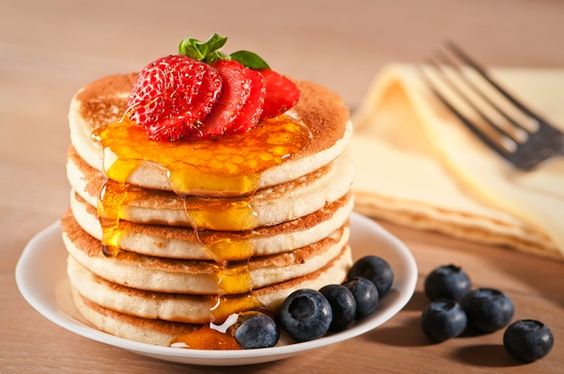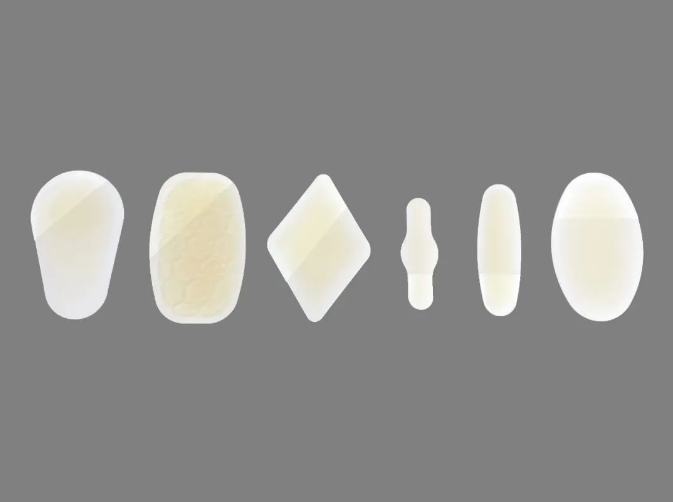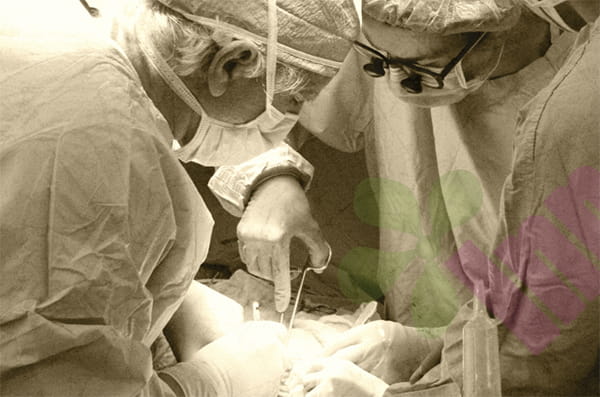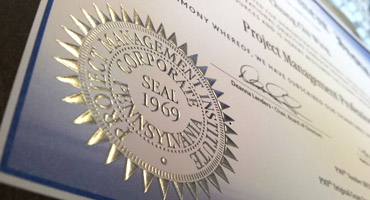If you want your wounds to heal faster, don't touch these foods!
When we are injured, the body's self-healing mechanisms kick in, but some foods may interfere with this process and make the wound heal more slowly. This article will introduce several foods that may affect wound healing and how to promote wound healing through the right diet.
Wound healing is inseparable from the help of nutrients:
Wound healing requires adequate nutrients, especially proteins, vitamins, and minerals. These nutrients aid cell regeneration and tissue repair. Therefore, we should ensure that we consume enough nutrients to promote wound healing. Some foods may interfere with the absorption of nutrients or have other negative effects on the body that can affect wound healing. Here are some foods that may affect wound healing:
1. Caffeine and alcohol: These drinks may cause dehydration, affect the body's absorption of nutrients, and thus delay wound healing.
2. High-sugar foods: High-sugar foods may cause a decline in immune system function and affect wound healing. In addition, high-sugar foods may cause blood sugar fluctuations, further interfering with the body's self-healing process.
3. High-fat foods: High-fat foods may increase inflammation in the body and affect wound healing. In addition, high-fat foods may increase the body's oxidative stress and further interfere with the body's self-healing process.
4. Acidic foods: Acidic foods may affect the body's absorption of minerals such as iron and zinc, thereby affecting wound healing.
So, how can you promote wound healing with the right diet? Here are some suggestions:
1. Increase protein intake: Protein is an essential nutrient for wound healing. It is recommended to eat more lean meat, fish, eggs, beans, and other protein-rich foods.
2. Eat more foods rich in vitamin C: Vitamin C helps in the synthesis of collagen and promotes wound healing. It is recommended to eat more foods rich in vitamin C such as citrus fruits, strawberries, and vegetables.
3. Moderate fat intake: Fat is also essential for wound healing. It is recommended to choose foods rich in unsaturated fats, such as fish, nuts, avocados, etc.
4. Avoid overconsumption of sugar: Too much sugar may affect the immune system and blood sugar levels, thereby affecting wound healing. It is recommended to reduce the intake of high-sugar foods and eat more low-sugar foods.
5. Drink more water: Maintaining adequate fluid intake helps the body detoxify and maintain normal physiological functions, thereby promoting wound healing. It is recommended to drink enough water every day to avoid dehydration.
In order to promote faster wound healing, we should pay attention to dietary adjustments. Avoid foods that may interfere with wound healing, such as caffeine, alcohol, foods high in sugar, foods high in fat, and foods that are acidic. Instead, increase your protein, vitamin C, and unsaturated fat intake while maintaining adequate fluid intake. With the right dietary changes, we can help our bodies heal faster.
For more information on customized® Hydrocolloid Dressing, refer to the previous articles. If you have needs, you are welcome to contact us; we will serve you wholeheartedly.
At Longterm Medical, we transform this data by innovating and developing products that make life easier for those who need loving care.
Editor: kiki Jia
Date: December 15, 2023

 English
English عربى
عربى Español
Español русский
русский 中文简体
中文简体








